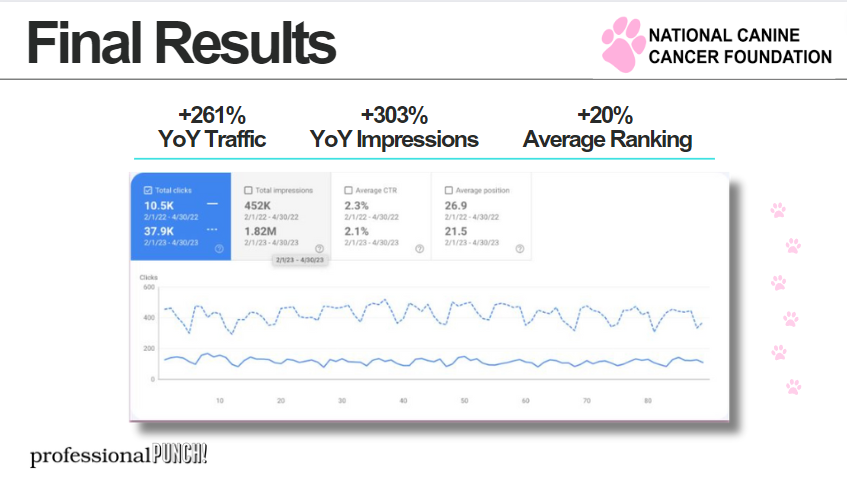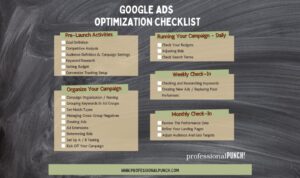In 2024, having an online presence is not just beneficial; it’s essential for any business aiming to thrive and stay competitive. However, merely having a website isn’t enough. To ensure your website reaches potential customers, understanding and implementing Search Engine Optimization (SEO) is crucial.
SEO is a cornerstone of online marketing, enabling your website to rank higher in search engine results, thereby increasing visibility and attracting more organic traffic. This guide will provide a comprehensive overview of SEO, offering you a clear pathway to understanding and utilizing it in your business ventures.
What is the Purpose of SEO?

What is SEO and how does it work? SEO, or Search Engine Optimization, is the process of optimizing your website to improve visibility on search engine result pages (SERPs). Its primary goal is to attract organic (unpaid) traffic, increasing your site’s chances of being discovered by people searching for products, services, or information related to your business.
When users search online, they’re presented with a list of results relevant to their query. These results are ranked based on relevance and credibility, with users typically clicking on top-ranked links. SEO aims to ensure your website appears higher in these results, enhancing the likelihood of user engagement.
Why You Should Care About SEO
The importance of SEO in the digital landscape cannot be overstated. With Google processing over 3.5 billion searches daily, search engines are the go-to source for individuals seeking information, solutions, or products. If your website doesn’t rank well, you’re missing out on a significant potential customer base.
Moreover, studies indicate that top search results garner the majority of clicks, emphasizing the need for high rankings to drive substantial traffic to your site.
Understanding SEO is crucial, even for those not well-versed in marketing. Here’s why:

Increased Visibility and Traffic: Effective SEO strategies boost your website’s search ranking, making it more visible and increasing organic traffic.
Cost-Effectiveness: SEO is a more affordable long-term strategy compared to paid advertising, offering sustainable visibility without ongoing costs.
Better User Experience: SEO enhances your website for both search engines and users, improving speed, mobile-friendliness, and content quality, which can lead to higher conversion rates.
SEO in Digital Marketing
Search engines like Google, Bing, and Yahoo use algorithms to index web pages and present relevant results. Here’s a simplified overview:
Crawling: Automated bots explore the web, collecting information on web pages.
Indexing: Information is organized in a database, allowing quick retrieval during searches.
Ranking: The most relevant results are displayed based on various factors, prioritizing helpfulness to the user.
3 Types of SEO
SEO can be categorized into three main areas: on-page SEO, off-page SEO, and technical SEO, each with specific practices:
1. On-Page SEO: Focuses on optimizing elements on your website, including title tags, meta descriptions, content, and URLs.
2. Off-Page SEO: Involves external actions, like acquiring backlinks and engaging on social media, to improve site visibility.
3. Technical SEO: Addresses your website’s technical aspects to ensure it’s easily crawlable and indexable by search engines.
Crucial Components of SEO
A. Keyword Research
Keyword research is foundational to SEO, helping you optimize website content for the terms your audience uses. This involves understanding search intent as well as identifying short-tail, long-tail, and local keywords using tools like Keywords Everywhere and UberSuggest for research.
B. Content Creation and Optimization
High-quality, keyword-rich content is vital. Optimize your content by incorporating keywords naturally, using multimedia to enhance engagement, and encouraging social sharing. Using a tool like Audience Key will dramatically improve your efforts and assist you in keeping track of and organizing your strategy.
C. Building Backlinks
Backlinks from reputable sites boost your site’s credibility. Strategies include guest posting, broken link building, and networking.
D. Tracking and Analysis
Monitor your SEO performance through traffic analysis, keyword rankings, and conversion tracking. Use insights to refine your strategies and stay updated with industry trends.
Benefits of Effective SEO
Effective SEO offers numerous benefits, including increased visibility, improved user experience, cost-effectiveness, enhanced credibility, and local business growth. By integrating SEO into your marketing strategy, you position your business for long-term success and sustainability.

SEO results for Professional Punch’s client, National Canine Cancer Foundation
While SEO may seem daunting initially, understanding its principles and implementing effective strategies can significantly impact your business growth. Remember, SEO is an ongoing process that requires continuous adaptation and refinement.
Ready to elevate your online presence and drive more traffic to your website? Our team of SEO experts is here to guide you every step of the way. Contact Professional PUNCH and let us help you transform your digital marketing strategy to achieve remarkable results.






